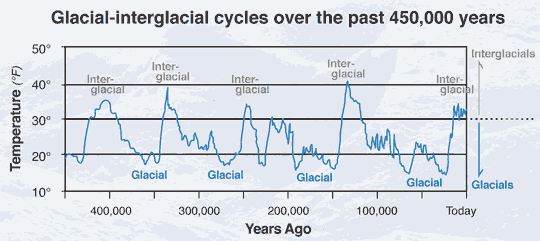Wind turbines apparently do work in cold weather... every where in the world. Except Texas.
It's not an absolute guarantee. Even with "cold weather" heating and other options that can be bought for most wind mills. Given that our all national strategic planning is based on a future "warmer world" -- you might think that those options wouldn't be required in Texas.
It's an ongoing study to get BETTER at preventing turbine blade icing all over the world.
Engineers study icing/de-icing of wind turbine blades to improve winter power production • News Service • Iowa State University (iastate.edu)
And you don't understand the wind production numbers.. Over a YEAR -- wind might produce only 12% of Texas's energy.. But that's because they hardly ever produce over 50% of the power they were bought with.. So WHEN they produce on a windy day -- they might be generating as much as 40 or 50% of the states energy.. Typically, 50% of a yearly wind energy production occurs in UNDER 100 days of that year.. That's why the "average" yearly number doesn't tell how much they are relied any particular day or week of the year.
If a storm rolls in and THEY ARE CURRENTLY PRODUCING, say, 40% of the electricity in Texas, but they start to ice up -- it takes TIME to bring Nat Gas stations online. And if those stations have been SHUT DOWN because of the rare wind surplus -- they might succumb to the cold weather BECAUSE they've shut down and not idled or maintained.








